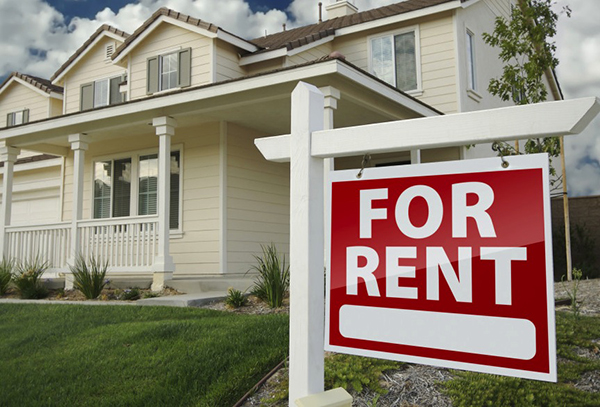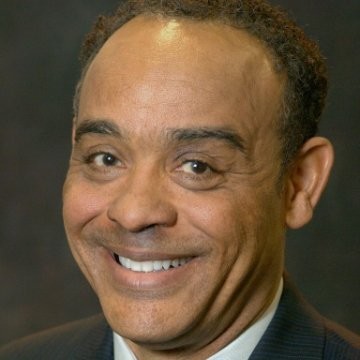ON THE MONEY
By John Grace
Contributing Columnist
Many investors believe the road to riches is paved with owning real estate.
Thanks to home buyers’ interest and limited supply the current pace of home price increase seems unlikely to change in the near term. In fact, a lot of people are certain that with the history of prices rising, along with rents, the housing market will stay strong.
Real estate gurus argue that low mortgage rates and the surge of remote works with flexible schedules will keep sales booming this year. But the fact is that the benefits are often overstated, while the risks are minimized and the costs are often forgotten.
Buying and fixing up homes to rent out is a popular investment for those preparing for retirement to enjoy “passive” income. Many had great experiences and there are estimates that the U.S. has between 8 million and 11 million private landlords, according to Market Watch.
My parents built three rental units behind the family home that is now worth more than they ever would have imagined. But they fell into the trap of being “nice” to their renters.
They did not have a system for keeping their rental income current with market value. Then L.A. rent control restrained them from ever increasing rents when no one moved.
The truth is the landlords were subsidizing their renters’ lifestyles. And that is a common occurrence.
What I learned was to have rental agreements signed that included acknowledging that rents will rise every year based on the inflation rate reported in the Los Angeles Times. That way, no one felt bad or tricked every year at renewal time.
Most landlords do not run their rentals like business people. No wonder your renters love you when you keep rents below market. In fact, they own you.
“Private landlords on average earn lower returns on their money” than those who own other forms of real estate, submits Brett Arends at Market Watch.
It is also important, as the people in Texas were just reminded, to not just look at history, but to look at the future as well. According to the U.S. Census Bureau, thanks to my realtor-godmother I was 24 years old when I purchased a tri-plex, and most Americans buy their first home around 31.
We tend to buy our largest homes at 41 and we sell around 78. Please notice the Centers for Disease Control and Prevention in February stated that the U.S. life expectancy dropped a full year from 79 in 2019 to 78 in 2020.
Boomers range in age from 57 to 75 this year, so I am saying buyer beware. Look on your block at the ages of homeowners. You may find that four or five homes out of 10 are owned by boomers. People dying may soon offset people buying.
For the first time ever, the same 76 million Baby Boomers that came into the real estate equation, will go to heaven. When 24% of the population goes north, and the U.S. home supply built over the past 130 years remains the same, it is reasonable that prices and rents are going south.
So that golden road to riches may become tarnished when prices and rental income fail to increase every year like clockwork. You can’t even imagine prices staying depressed longer than you imagine. Americans often fail to learn from history. It may be because we are too busy repeating history.
From 1929-32, New York City real estate declined 69%, according to The New Republic. What’s more, “A home owner who would have invested in a house on the eve of the Great Depression would not have recovered the full value of their investment until four decades later,” wrote Zubin Jelveh in the same 2009 article.
And according to the U.S. Census Bureau, life expectancy at that time was 57. So it is entirely possible wealthy adults never saw NYC real estate come back to the high water mark no one could forget. That’s a lot of regret. For life.
Too many landlords underestimate the costs associated with owning real estate directly. No one accounts for the cost when you are doing the work yourself. Costs like homeowner’s insurance, umbrella insurance to cover liability-related tenant issues, property taxes, repairs, maintenance, update costs and of course income taxes.
Out of the blue, the weather goes crazy doing great damage. What insurance doesn’t cover is on your checkbook.
After my experience with toilets, trash, taxes and tenants, I am glad I was a landlord with my first piece of real estate. That box is checked and I doubt I will ever do it again.
It got me launched, but I just didn’t make all that much money in return for all of the hassles. In fact, I paid for the privilege of the experience.
John L. Grace is president of Investor’s Advantage Corp, a Los Angeles-area financial planning firm that has been helping investors manage wealth and prepare for a more prosperous future since 1979. His On the Money column runs monthly in The Wave.











